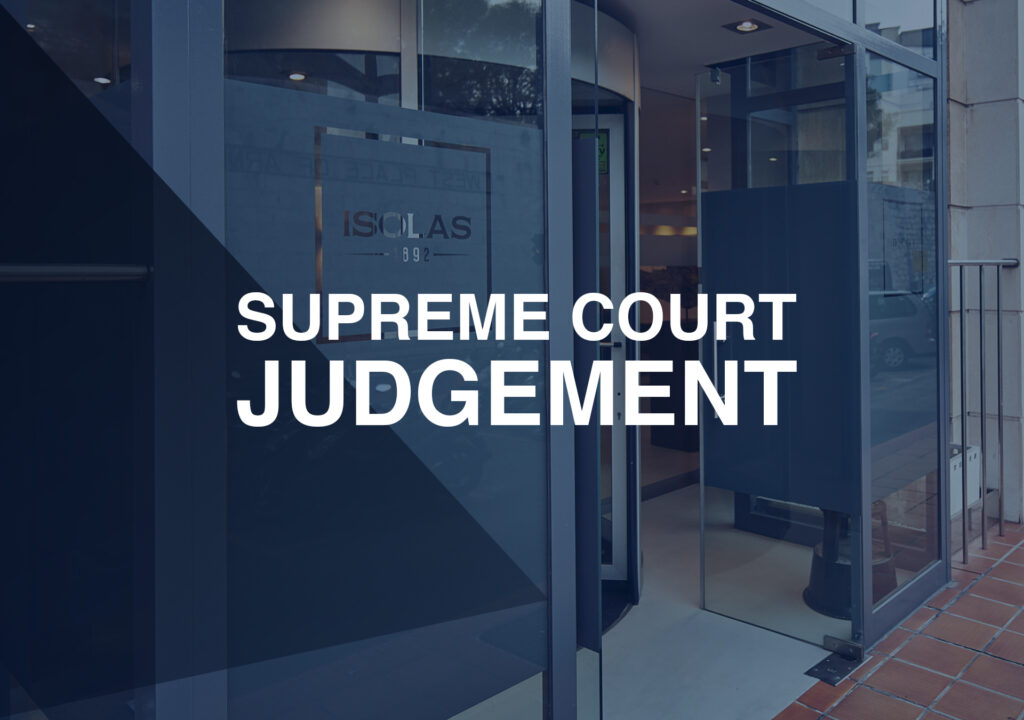 Following an oil spill in British Gibraltar Territorial Waters (‘BGTW’) by the Gas Venus tanker (the ‘Vessel’), our Neil Costa was instructed by the owners of the Vessel to represent the Vessel’s captain (the ‘Captain’) in relation to the criminal charges brought against him.
Following an oil spill in British Gibraltar Territorial Waters (‘BGTW’) by the Gas Venus tanker (the ‘Vessel’), our Neil Costa was instructed by the owners of the Vessel to represent the Vessel’s captain (the ‘Captain’) in relation to the criminal charges brought against him.
The Captain was charged with one count of allowing oil to escape into BGTW contrary to section 47(4) of the Port Rules (‘section 47’) and one count of damaging a resting place of a wild animal of a European protected species contrary to section 17T(1)(d) of the Nature Protection Act 1991 (‘section 17T’). The Captain pleaded guilty to both charges.
On 29 August 2023, the Magistrates’ Court of Gibraltar (the ‘Court’) fined the Captain £30,000 in respect of the offence under section 47, which was then reduced to £20,000 to take into account of the Captain’s early guilty plea. Additionally, the Court did not impose a separate penalty in respect of the offence under section 17T.
In respect of the offence under section 47, the Court had the power to impose a fine up to £250,000.
In a wide-ranging plea in mitigation, Mr Costa submitted to the Magistrates’ Court, among many other arguments, that the Vessel complied with all relevant international safety standards and that all appropriate safety bunkering measures were in place and had been followed.
It was Mr Costa’s core contention that the oil spill was not an intentional act and amounted, instead, to a highly regrettable accident. Mr Costa submitted that there are times where a person, or a group of persons, can comply with all recognised and accepted industry standards and international safety standards and yet results in an accident.
In essence, Mr Costa put forward that the oil spill occurred notwithstanding the presence of proper preventative measures and that such proper preventative measures were unforeseeably overcome by exceptional events.
Mr Costa highlighted that the Captain had explained to him that the Vessel’s crew comprised of 21 persons and that there was no evidence in the summary of evidence whatsoever that suggested that the crew levels were in themselves unsafe or in breach of any applicable international standards. Additionally, Mr Costa put forward that it was critical to note that as part of the Port State Control the Marine Surveyor checked the crew’s training and competency certificates and hours of rest and work, and that he made no negative comments in this respect nor did he raise any deficiencies.
In support of his submissions, Mr Costa stated that the Crown’s summary of evidence stated that the maintenance records and checks conducted prior to delivery of the oil from the bunker barge had been provided by the Captain and showed that the safety alarm systems were functional leading up to the delivery of the fuel and subsequent to the accident.
Mr Costa asserted that the amount of oil spilled by the Vessel was undetermined and all that existed were estimates as to the amount. It was on this basis, Mr Costa argued, that the Court was being asked to sentence the Captain, essentially on an estimate of the oil spilled. Mr Costa argued that it would represent a breach of the Captain’s rights to be sentenced on anything other than the lowest estimate of oil spilled.
In concluding his submissions, Mr Costa highlighted various personal mitigating factors and circumstances relating to the Captain.
In sum, the Court issued the Captain with a fine of £30,000 reduced to £20,000 in respect of section 47 and issued no separate penalty in relation to section 17T.





